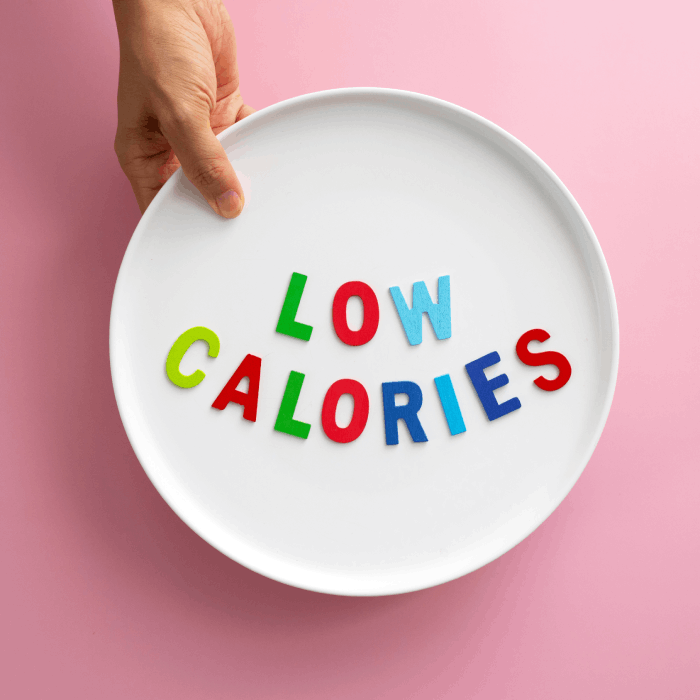

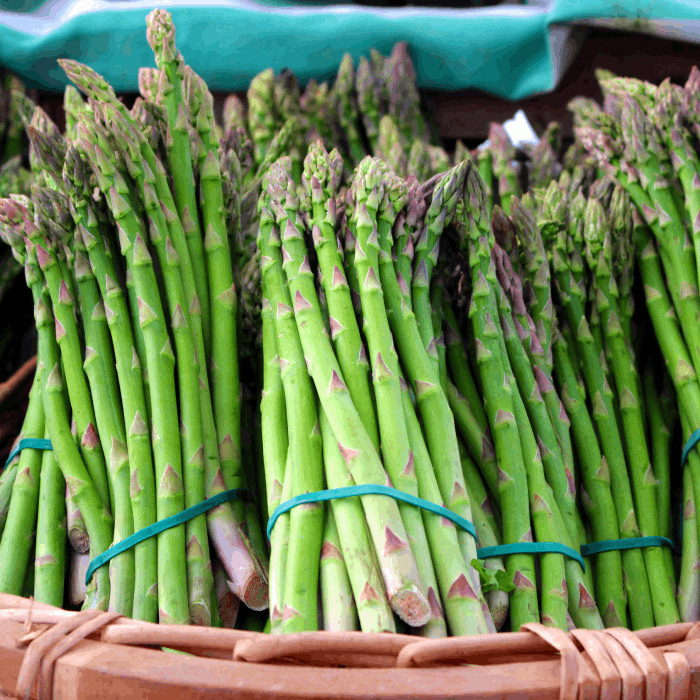
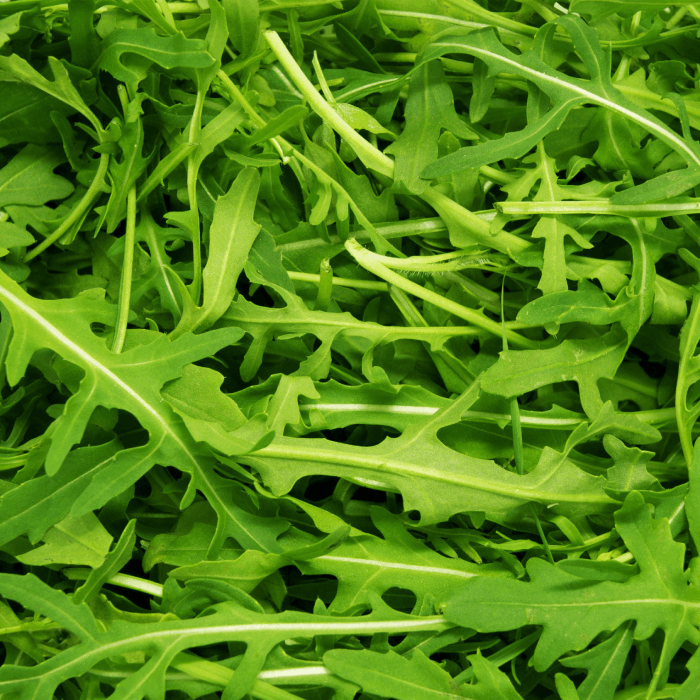
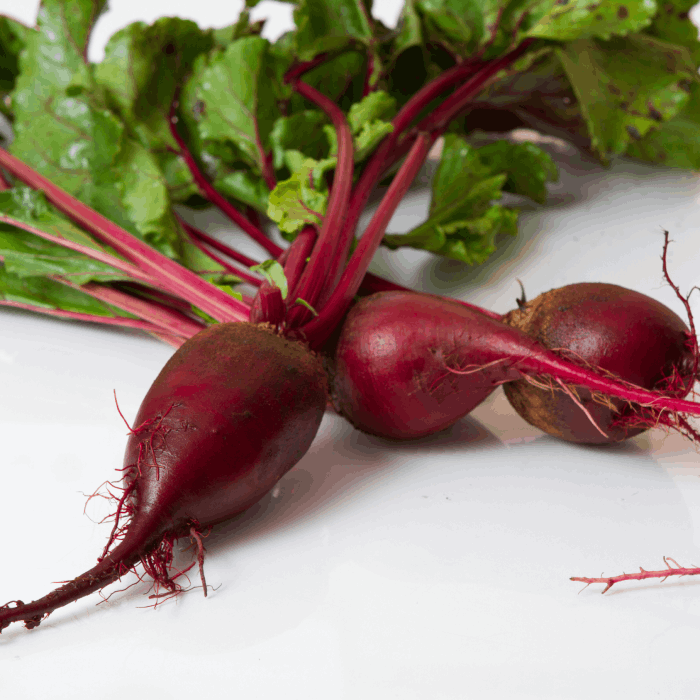
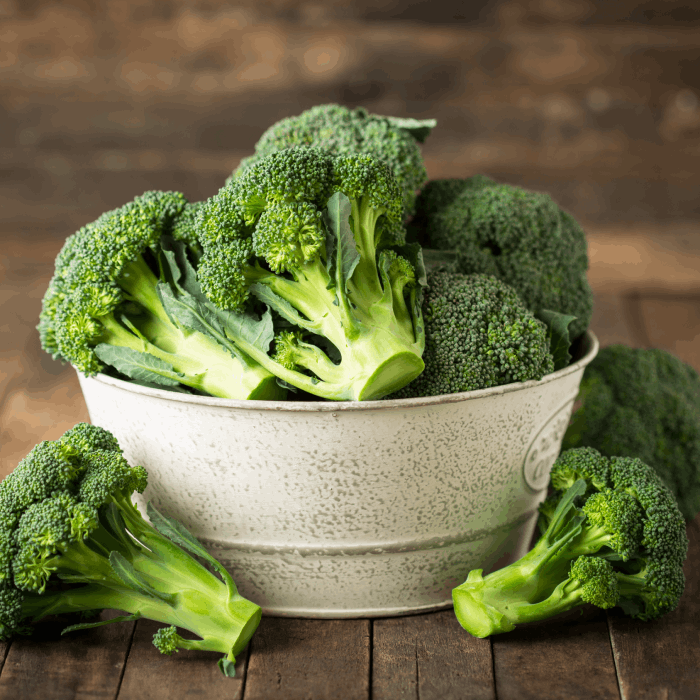
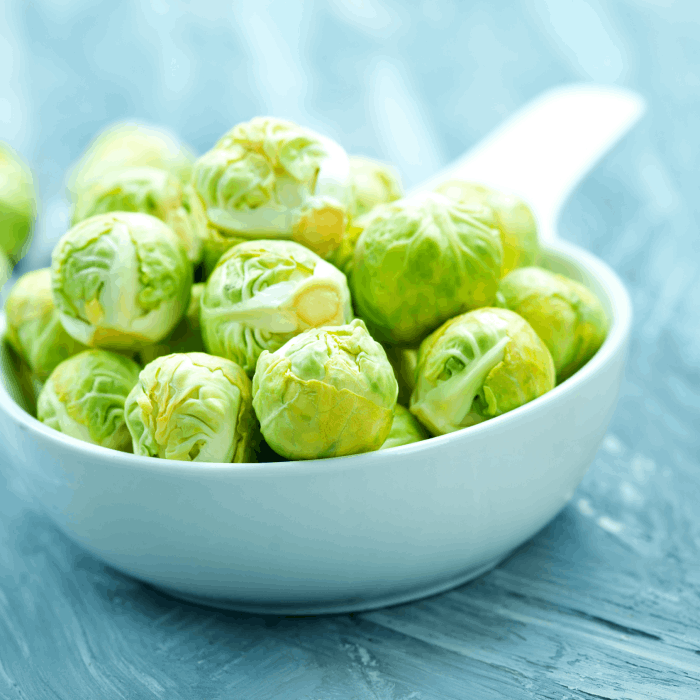
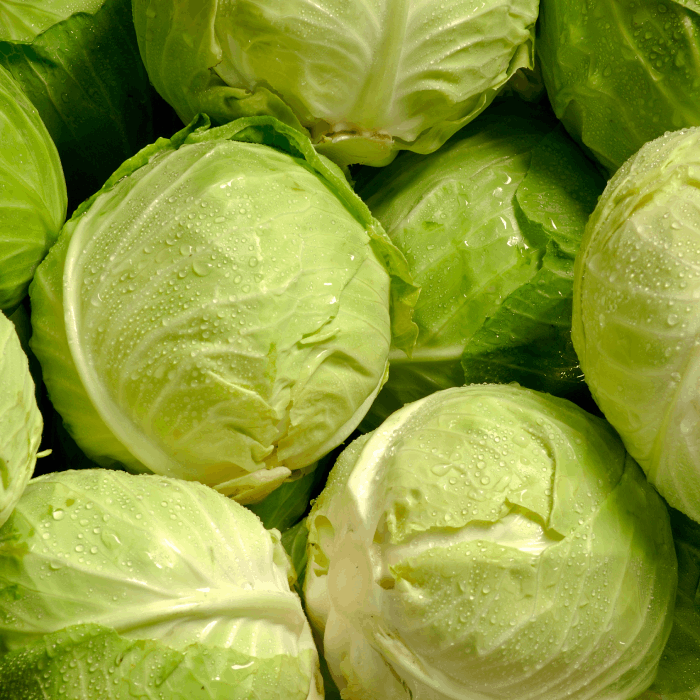
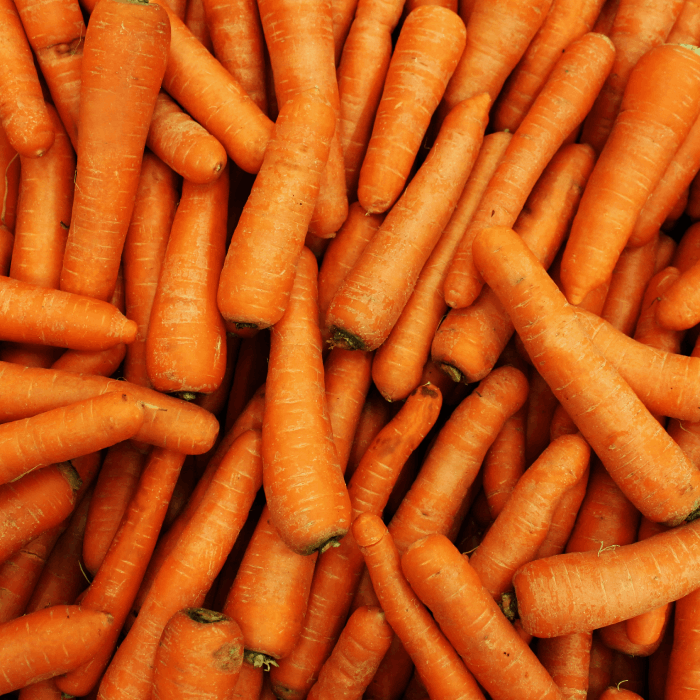
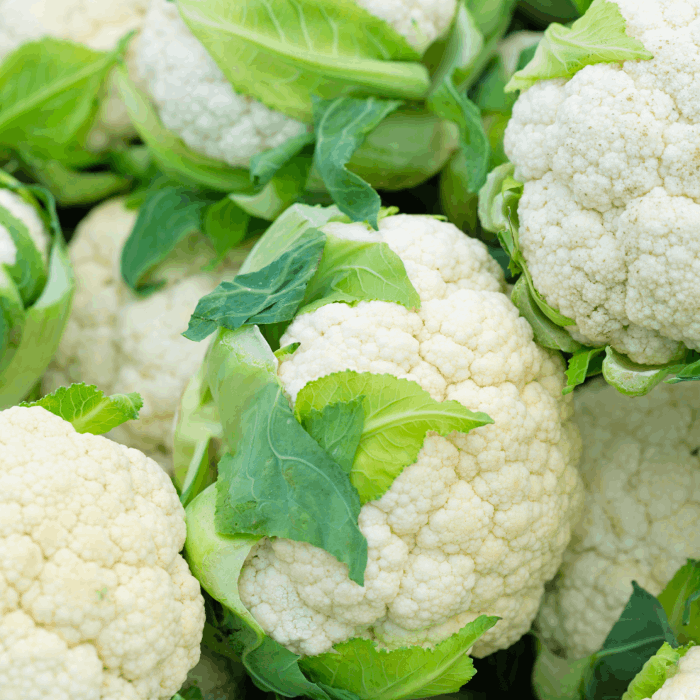
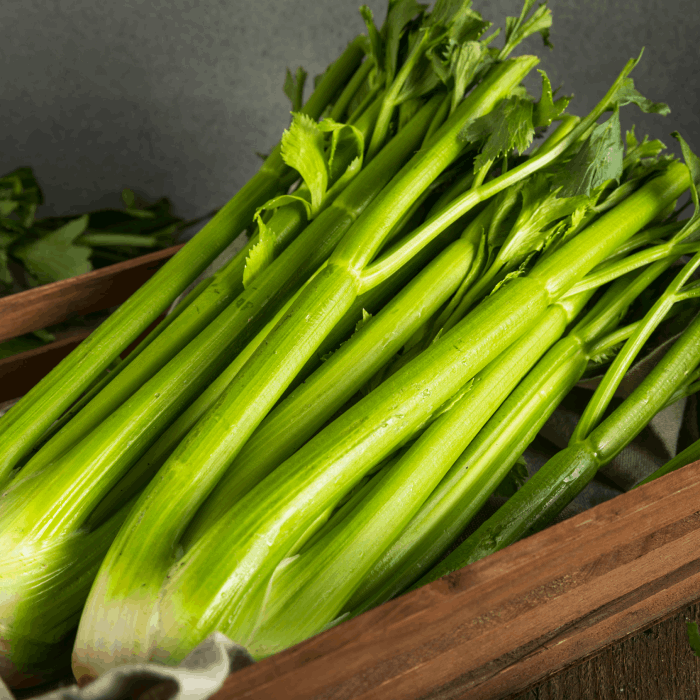
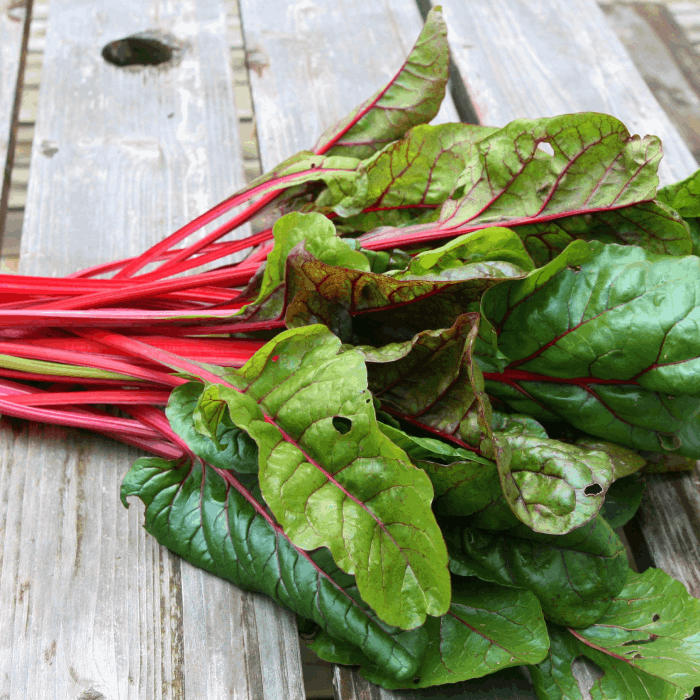
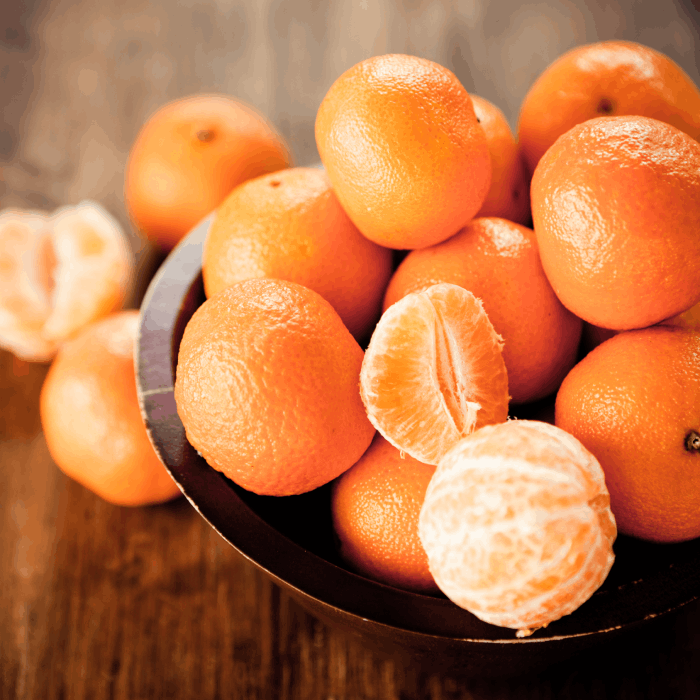
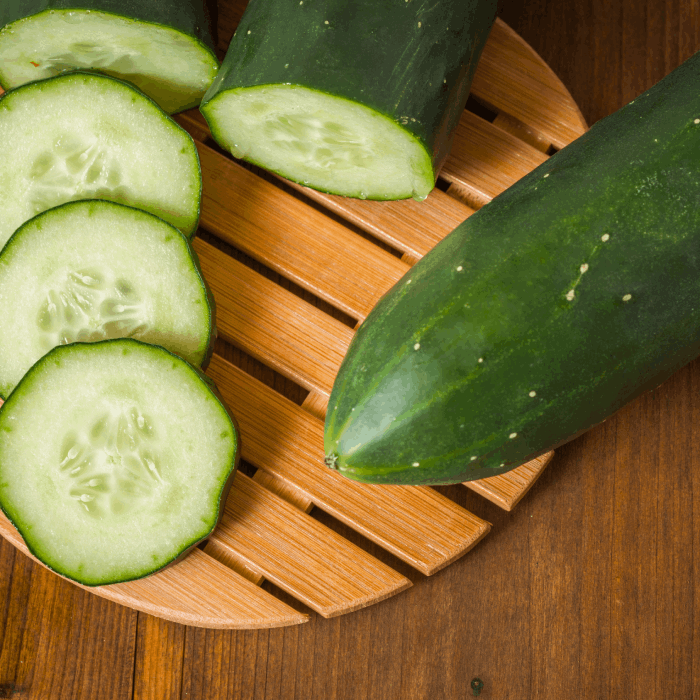
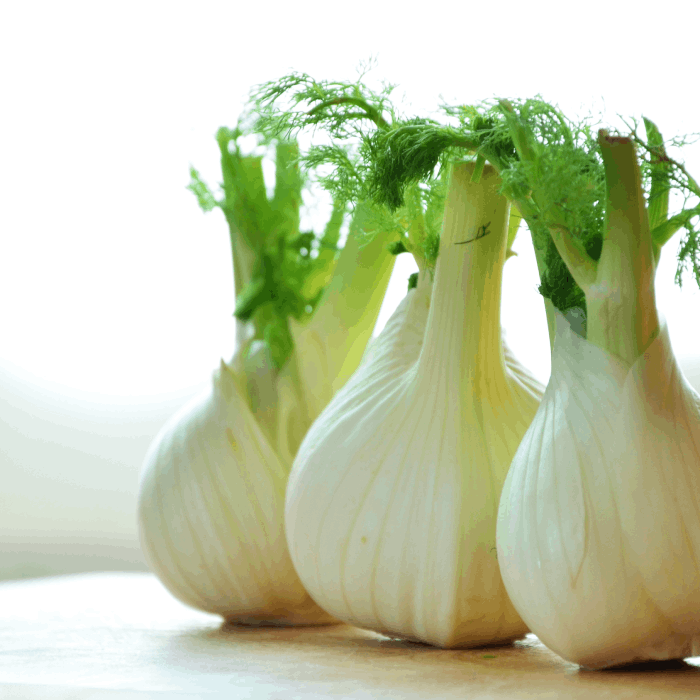
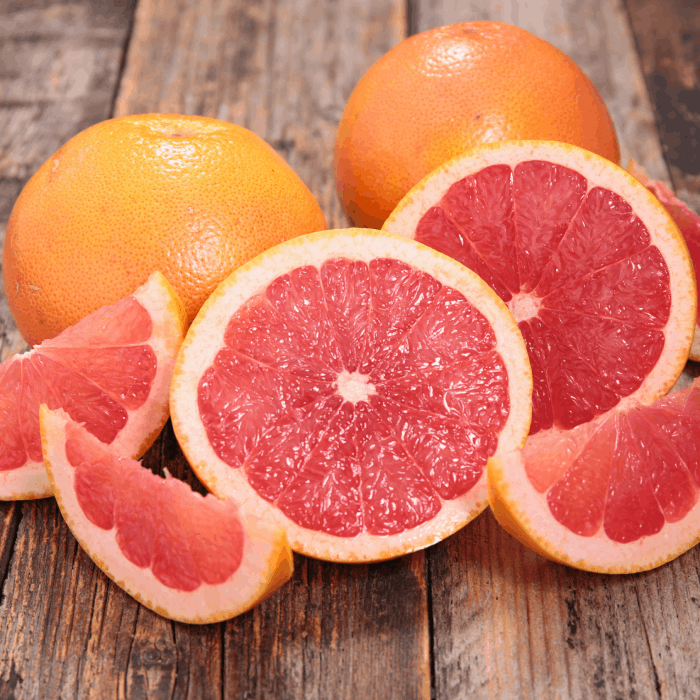
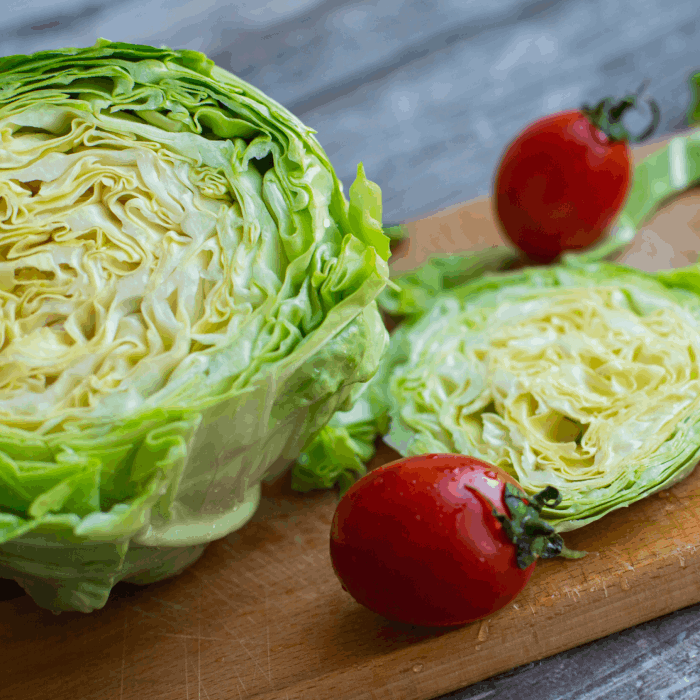
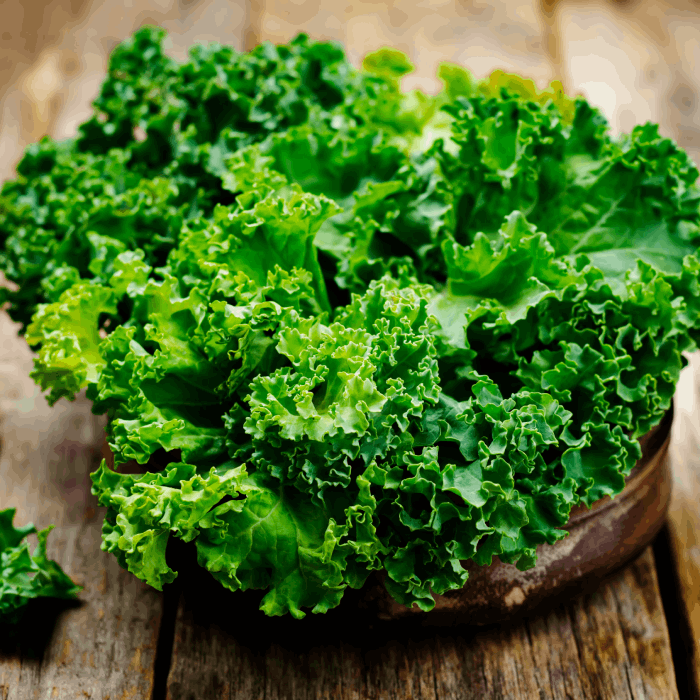
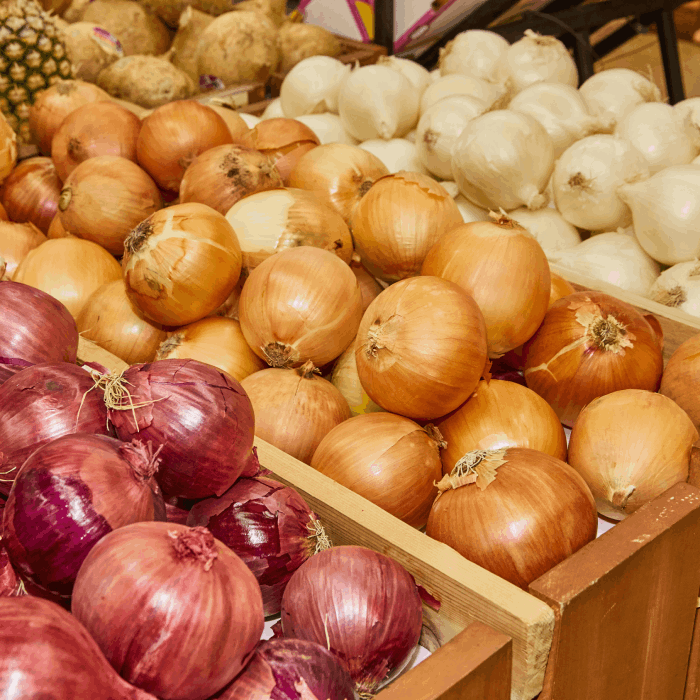
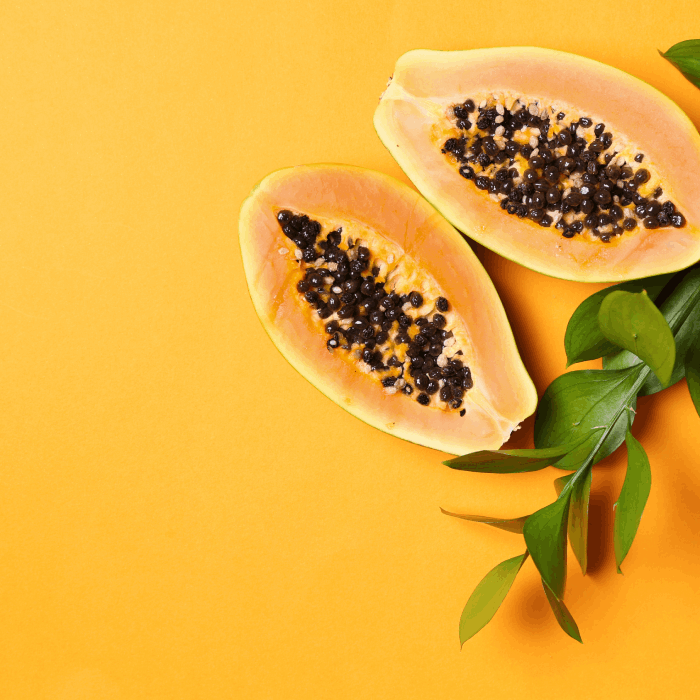
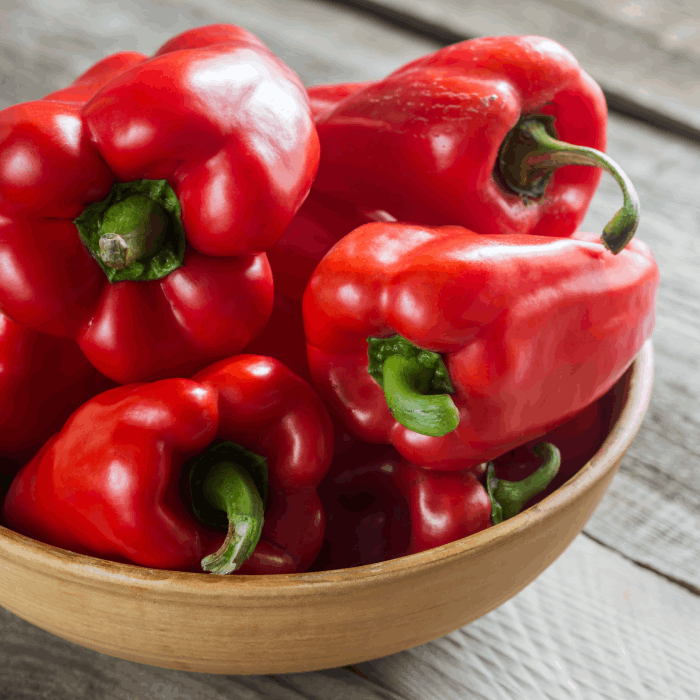

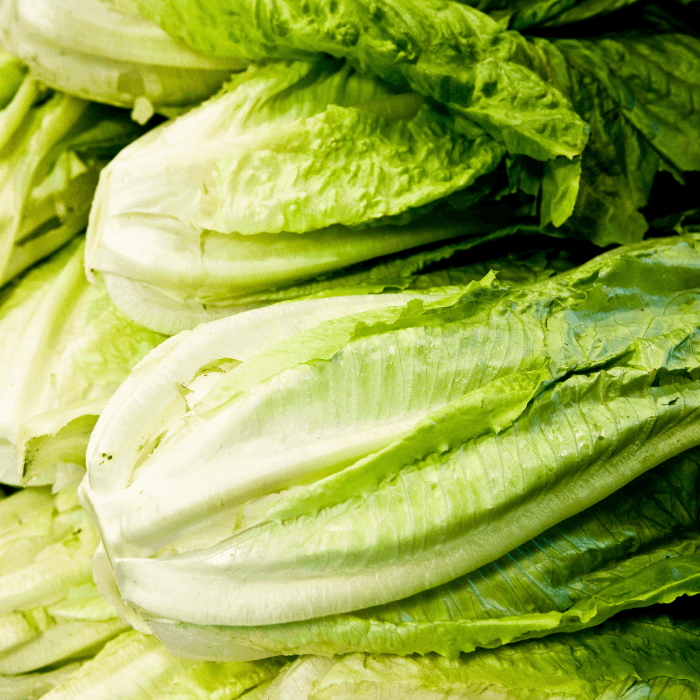
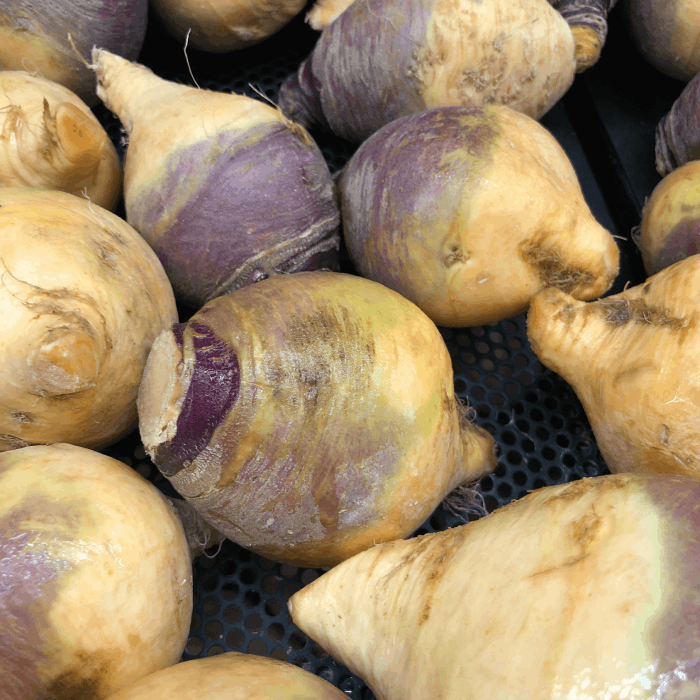

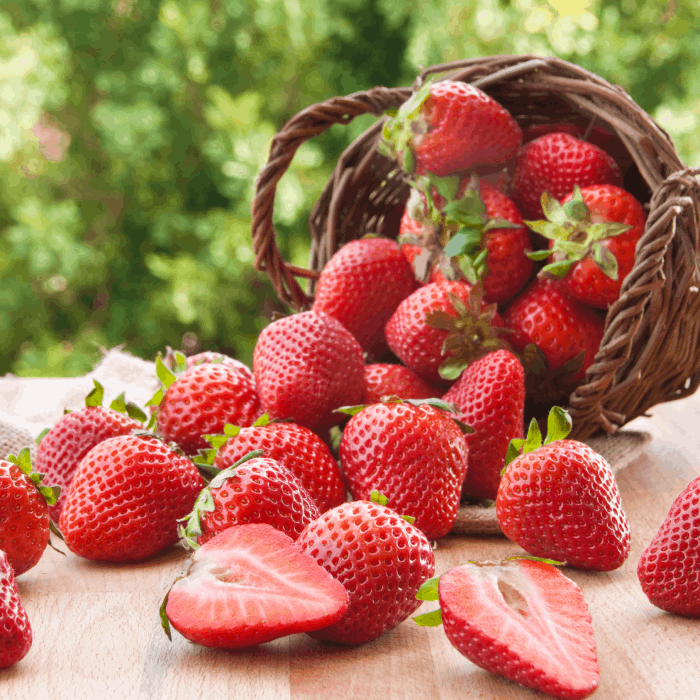

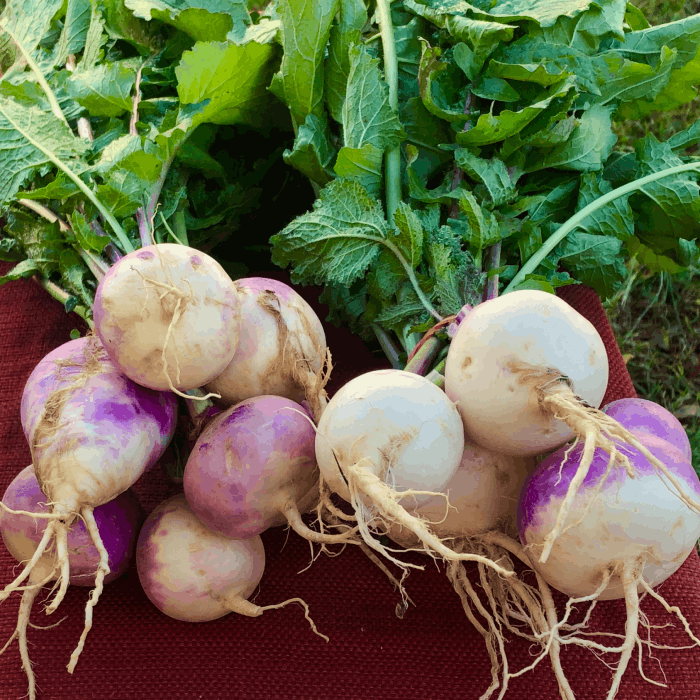
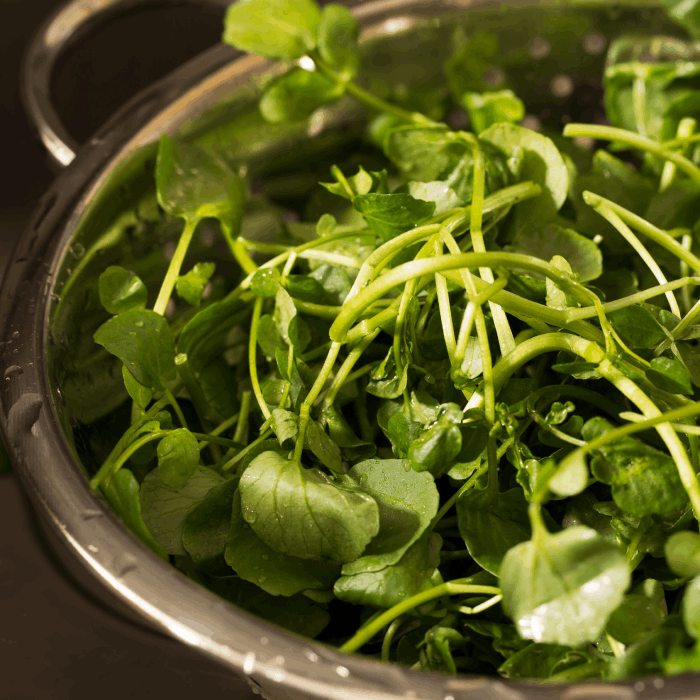
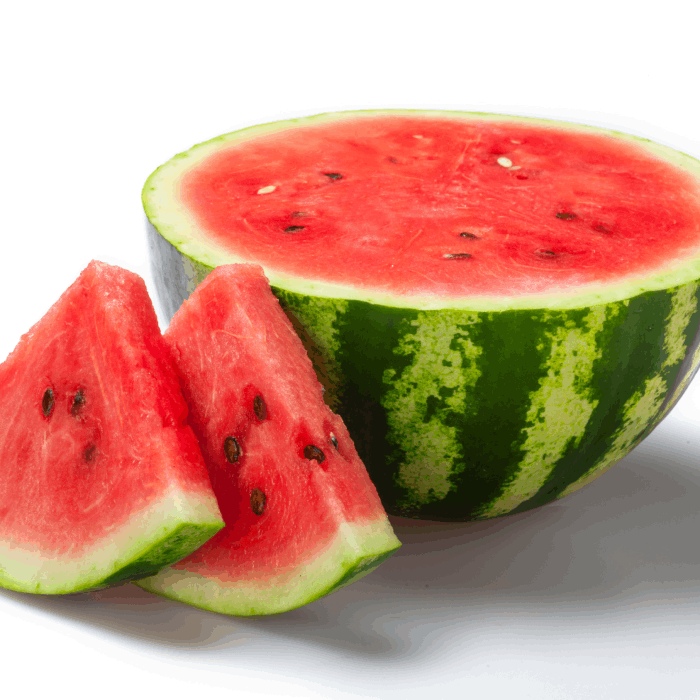
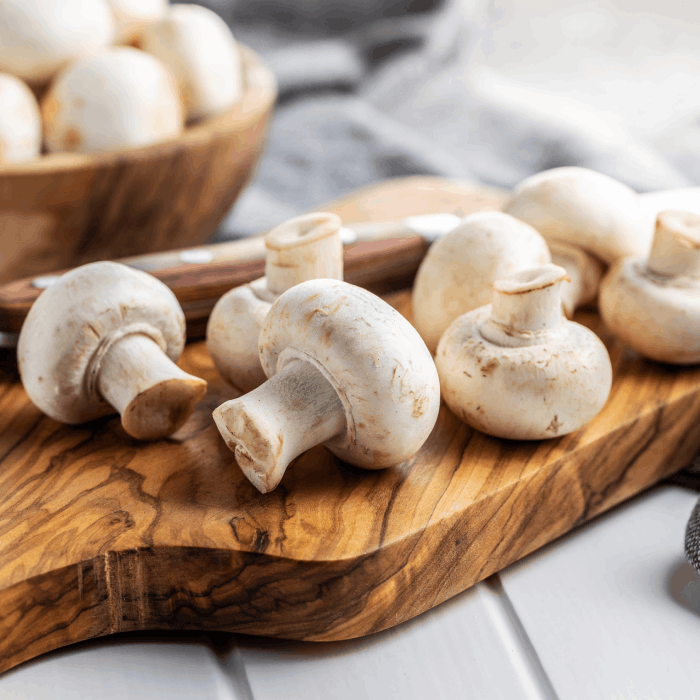
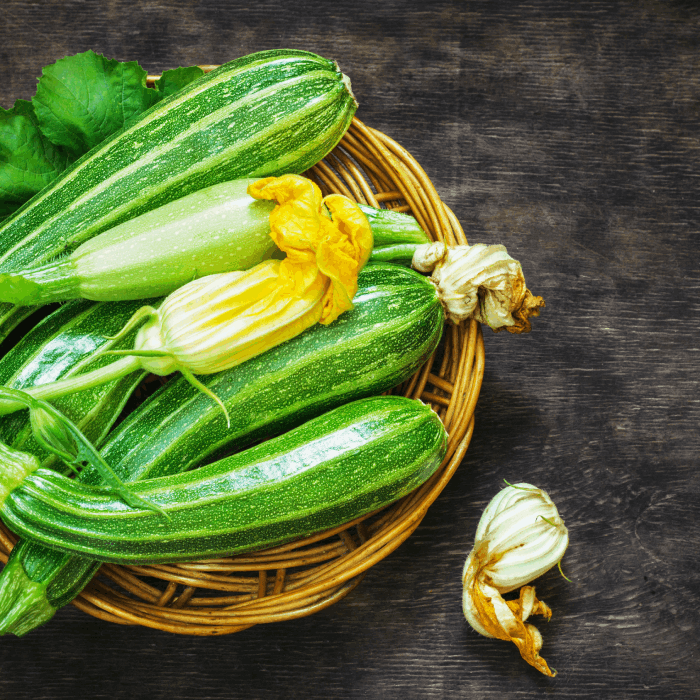
A healthy diet should contain calorie-dense foods, as well as those that are lower in calories. For example, foods high in healthy fats, such as eggs, nuts, seeds, and avocados, are much higher in calories than foods like fruits and vegetables but still very nutritious. Pairing calorie-dense foods like the ones listed above with lower calorie foods, especially fruits and vegetables, can make meals more filling and satisfying.
Plus, swapping out some high calorie foods with lower calorie foods can help promote healthy weight loss and may improve other aspects of health as well.
If you normally have eggs and a donut every morning, for example, replacing the donut with an apple or some sautéed vegetables not only reduces the calorie content but also packs in many more nutrients and protective plant compounds. Fortunately, many low-calorie can be paired with more filling foods to make a complete meal.
Source:
https://www.healthline.com/nutrition/zero-calorie-foods#The-bottom-line
- Apples
- Arugula
- Asparagus
- Beets
- Broccoli
- Brussels sprouts
- Cabbage
- Carrots
- Cauliflower
- Celery
- Chard
- Clementines
- Cucumbers
- Fennel
- Grapefruits are citrus fruits that are well known for their tart flavor. They can be enjoyed on their own or on top of yogurt, salad, or even fish. Citrus fruits like grapefruits are rich in nutrients and beneficial plant compounds that have antioxidant and anti-inflammatory effects. For this reason, adding citrus fruits to your diet may help promote the health of your heart, brain, and more.
- Iceberg lettuce
- Kale
- White mushrooms
- Onions
- Peppers
- Papaya
- Radishes
- Romaine lettuce
- Rutabaga
- Strarwberries
- Spinach
- Tomatoes
- Turnips
- Watercress
- Watermelon
- Zucchini
Source:
https://www.healthline.com/nutrition/zero-calorie-foods#The-bottom-line
stylisphere
most read


Më thuaj Çfarë ushtrimesh bën të të them çfarë thotë kjo për karakterin tënd!
stylisphere
January 20, 2026
Read More »



Facebook
Pinterest
LinkedIn




